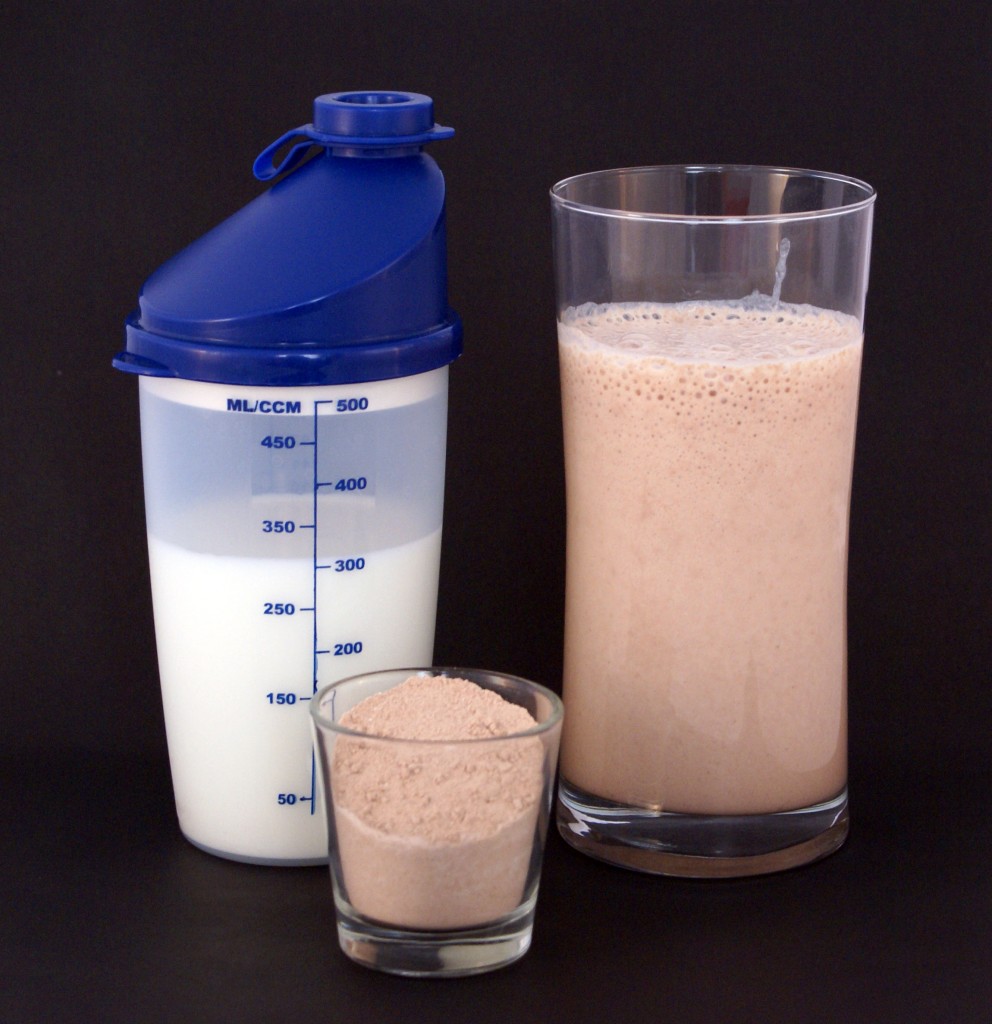Posted December 13, 2012
Whey Protein: 3 Things You Probably Know and 3 Things You Probably Didn't
Following the great response from the last article Sol and Kurtis put together on the benefits of creatine HERE, they came up with another great post on the benefits of whey protein and wanted to showcase them for you here.
If there is any supplement that tends to get recommended, it would be whey protein. Extracted from milk, you can even find whey protein in supermarkets.
Similar to our previous guest post on creatine, we cover three things you likely knew, and three things you likely did not:
Three Things you Probably Already Knew
1. Whey Protein is useful in rounding out the diet, not being a cornerstone
- The most important part of utilizing protein in the diet is just that, protein in the diet per se. The source of the protein doesn’t matter too much if you areovershooting your requirements (amino acid profiles don’t mean much if you eat an excess of protein, since you overeat the deficient ones and it just evens out in the end) and perhaps complete/animal sources would be better to choose if at the low end of your protein requirements. Most benefits of whey are just benefits of protein. Any extra benefits whey has over food or other sources is pretty much insignificant in the grand scheme of things.
- Whey is a crutch to use during periods when food cannot be eaten, and used as an alternative to falling off your meal plan.
2. Whey is literally (derived from) milk and was considered waste
- Milk taken from the cow’s teat is mechanically filtered (using physics for the most part, gravity and microfilters being important) at an early stage, and when a coagulant is added to the milk it starts to form chunks and the liquid falls through the processing belt to be collected. This is where the phrase “the curds and the wheys” comes from, where the solid fragment consists of mostly casein protein to be used in cheese making while the liquid part is whey protein. This liquid was originally considered to be just industrial byproduct. The truest, literal, definition of whey is actually “the group of milk proteins that remain soluble in milk serum or whey after precipitation of (casein) at pH 4.6 and 20°C”
3. Whey protein has a beneficial amino acid profile for muscle growth
- This is technically true, and the moderately high levels of glutamine with the higher than average levels of branched chain amino acids (BCAAs) make for good muscle building. The levels of BCAAs per gram of protein are much higher than other sources, and if you are barely on the verge of eating enough protein this may result in more muscle growth secondary to more of these amino acids. It is a benefit that might just be washed out with more protein, however, as this efficiency becomes irrelevant when consuming more than the minimum amount of protein.
Three Things you May Not Have Known
4. Whey protein can be argued for being a vitamin-like supplement
- Arguable because the vitamin-like compound is derived from an amino acid, and the same benefits may be achieved by merely overconsuming protein in general. That being said, whey protein is a very good source of the amino acid L-Cysteine which converts to both glutathione (antioxidant) and hydrogen sulfide (in the colon, smells like egg farts; in the blood, a potent vasodilator in the same class as nitric oxide).
- On a gram per gram basis, whey can be seen as “healthier” to persons in a disease state that is characterized by lower circulating levels of Cysteine or cysteine products. This may be fatty liver and type II diabetes as well as aging in general, but the amount of diseases with less cysteine in the body are not well elucidated at this time.
5. Whey protein is absorbed faster; but this doesn’t really mean anything
- Numerous studies have compared whey against casein or whey against food sources, and it appears that due to low gastric and intestinal retention time that whey protein exerts a quicker Tmax value (the time required to reach peak circulating concentrations in serum). On a completely unrelated note, the speed of which leucine reaches the blood (as well as the concentration of leucine reaching the blood) are both independent predictors of muscle anabolism in laboratory settings.
- The problem is that this is an A -> C relationship where we assume B must exist just so everything flows, but B doesn’t appear to be that relevant. Numerous trials comparing whey protein to other sources really don’t find much of a difference in overall muscle anabolism over time, despite some trials with whey suggesting a higher acute muscle protein synthesis. The reason for this discord isn’t really known, but there isn’t a good body of evidence to support the notion that whey is better than other forms of protein for muscle building secondary to its speed of absorption.
Whey protein may reduced blood pressure (not common to all protein sources)
- A bioactive peptide is a string of 2-3 amino acids that, rather than being completely digested into the lone amino acids, gets digested and absorbed through the intestinal wall and floats in serum as this small peptide. This sort of changes what the amino acids do a bit, and proteins (which are just amazingly long chains of a random assortment of amino acids) can possess unique properties secondary to their bioactive peptides. In the case of whey, a few peptides have been isolated that have been found to be ACE inhibitors and these peptides themselves appear to be effective when isolated and supplemented in a double-blind manner. A direct blood pressure lowering effect of bioactive peptides is currently unique to whey protein… and sardines
TL;DR?
- Whey is a supplement, not a cornerstone
- Whey is literally waste extracted from milk
- Whey has the amino acids useful in muscle growth
- Whey can be considered a “vitamin”
- Whey does get absorbed faster, but it doesn’t really matter
- Whey may help with blood pressure
Our Whey Protein page has 250 citations if you want to learn more.
Sol Orwell and Kurtis Frank are co-founders of Examine.com, a science-based compendium on supplements and nutrition.
[gravityform id="3" name="Blog Post Capture. " title="false"]



6 Responses to Whey Protein: 3 Things You Probably Know and 3 Things You Probably Didn't